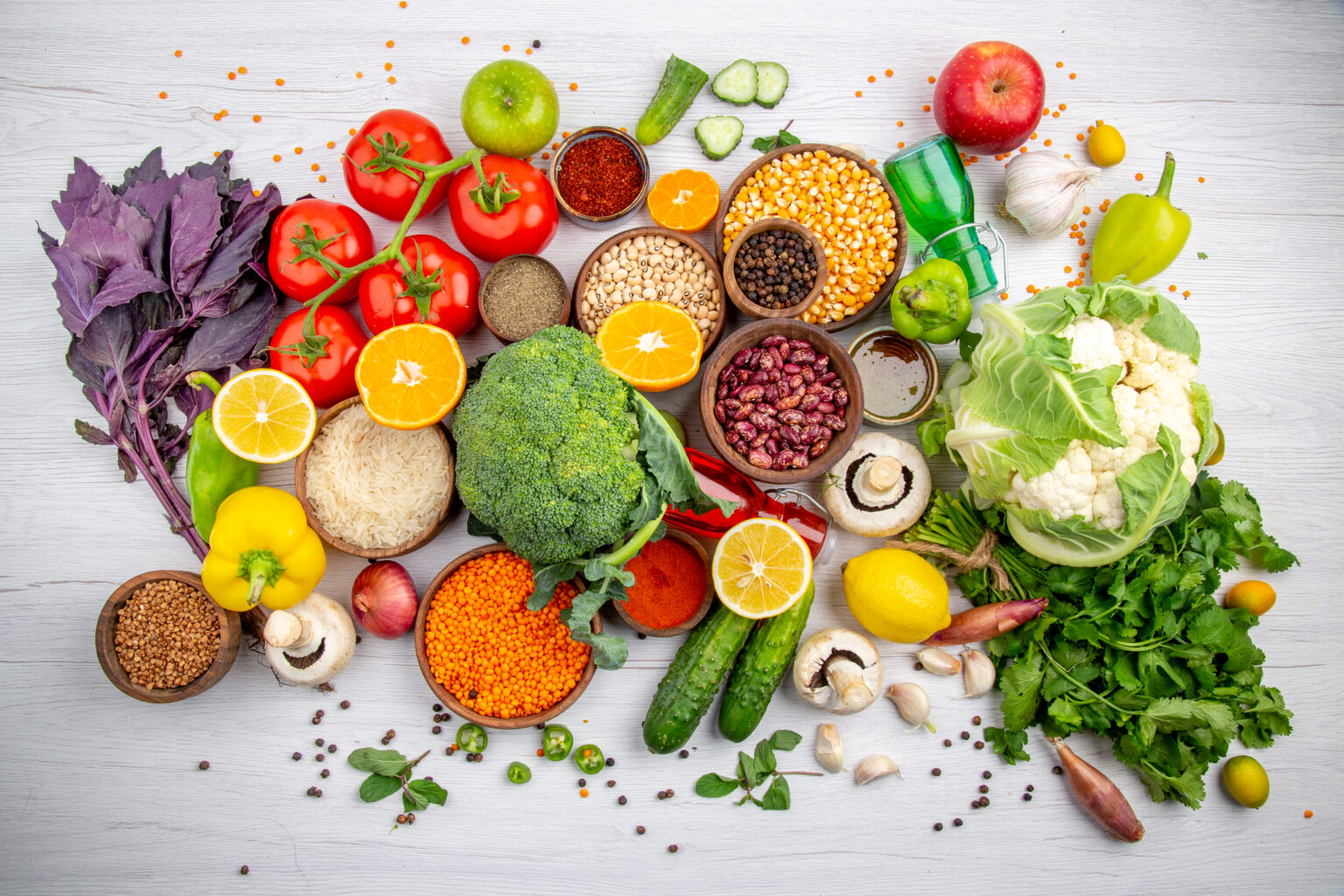In recent years, there has been a noticeable shift in consumer preferences towards organic foods. People are becoming increasingly conscious of what they put into their bodies, seeking healthier and more sustainable options. Organic foods, produced without synthetic pesticides, fertilizers, or genetically modified organisms (GMOs), have gained popularity for good reason. Let’s delve into the ten compelling benefits of embracing organic eating.
- Nutrient-Rich Goodness: Organic foods are often richer in essential nutrients. Studies have shown that organic fruits and vegetables contain higher levels of vitamins, minerals, and antioxidants compared to their conventionally grown counterparts. By choosing organic, you’re not only satisfying your taste buds but also nourishing your body with wholesome goodness.
- Reduced Exposure to Pesticides: One of the primary reasons people opt for organic produce is to minimize their exposure to harmful pesticides. Conventionally grown crops are often sprayed with a cocktail of pesticides, which can linger on the food we eat. Organic farming practices eschew synthetic pesticides, offering a safer and healthier option for consumers.
- Supporting Environmental Sustainability: Organic farming practices prioritize environmental sustainability. By avoiding synthetic chemicals and promoting biodiversity, organic agriculture helps protect soil health, conserve water, and preserve ecosystems. Choosing organic foods is a vote for a greener, more sustainable future.
- Preserving Animal Welfare: Organic animal farming standards prioritize animal welfare. Organic livestock are raised in humane conditions, with access to outdoor spaces and natural diets free from synthetic additives. By opting for organic meat, dairy, and eggs, consumers can support ethical animal husbandry practices.
- GMO-Free Assurance: Concerns about genetically modified organisms (GMOs) have prompted many consumers to turn to organic foods. Organic certification standards prohibit the use of GMOs, providing assurance that organic products are free from genetically engineered ingredients. For those wary of the long-term health and environmental effects of GMOs, organic is the way to go.
- Enhanced Flavor and Taste: Organic foods are renowned for their superior flavor and taste. Free from synthetic additives and grown in nutrient-rich soil, organic fruits, vegetables, and grains often boast a more robust, natural flavor profile. Whether it’s a crisp organic apple or a vibrant salad, organic eating elevates the culinary experience.
- Lower Risk of Antibiotic Resistance: In conventional animal farming, antibiotics are routinely administered to livestock to promote growth and prevent disease. This overuse of antibiotics contributes to the rise of antibiotic-resistant bacteria, posing a significant public health risk. Organic animal farming prohibits the non-therapeutic use of antibiotics, helping combat antibiotic resistance.
- Promoting Local Economies: Organic farming tends to be more labor-intensive and relies less on synthetic inputs, fostering opportunities for small-scale and local producers. By supporting organic agriculture, consumers can contribute to the vitality of local economies, creating jobs and strengthening community resilience.
- Reduced Synthetic Additives: Organic processed foods are subject to stringent standards regarding the use of synthetic additives, preservatives, and artificial colors and flavors. Choosing organic ensures that you’re consuming food products with fewer synthetic chemicals, promoting a cleaner, more natural diet.
- Peace of Mind: Perhaps the most intangible yet valuable benefit of eating organic is the peace of mind it brings. Knowing that you’re making conscious choices to support your health, the environment, and ethical food production practices can instill a sense of satisfaction and well-being.
The benefits of eating organic foods extend far beyond personal health. From supporting environmental sustainability to promoting animal welfare and fostering community resilience, organic eating embodies a holistic approach to food consumption. By embracing organic, we not only nourish our bodies but also cultivate a healthier, more sustainable world for generations to come.








